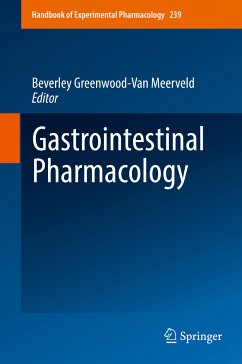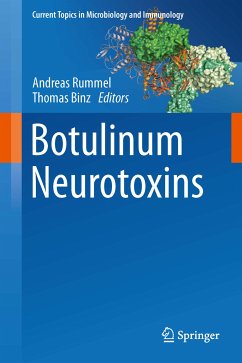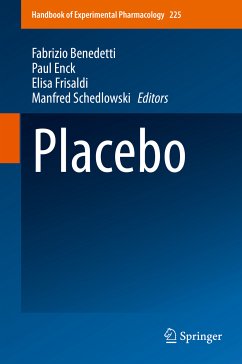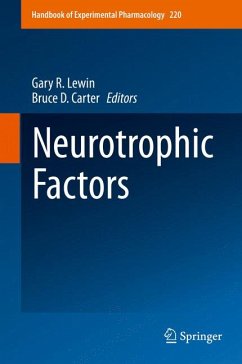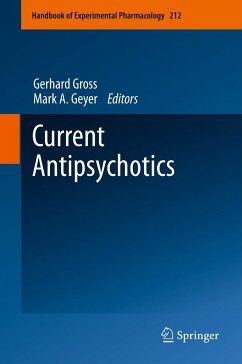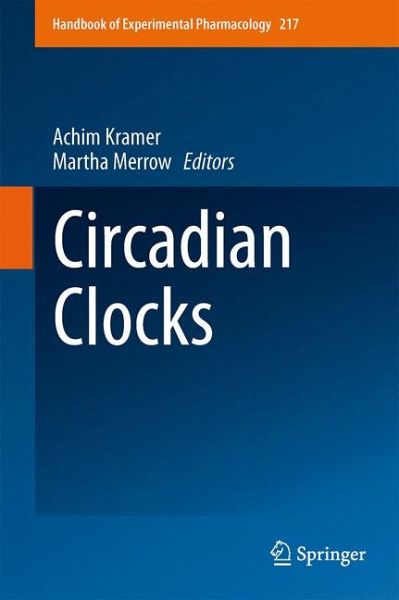
Circadian Clocks (eBook, PDF)
Versandkostenfrei!
Sofort per Download lieferbar
312,95 €
inkl. MwSt.
Weitere Ausgaben:

PAYBACK Punkte
156 °P sammeln!
This book provides the reader with a contemporary and comprehensive overview about the molecular, cellular and system-wide principles of circadian clock regulation. Emphasis is placed on the importance of circadian clocks for the timing of therapeutic interventions.
Dieser Download kann aus rechtlichen Gründen nur mit Rechnungsadresse in A, B, BG, CY, CZ, D, DK, EW, E, FIN, F, GR, HR, H, IRL, I, LT, L, LR, M, NL, PL, P, R, S, SLO, SK ausgeliefert werden.





